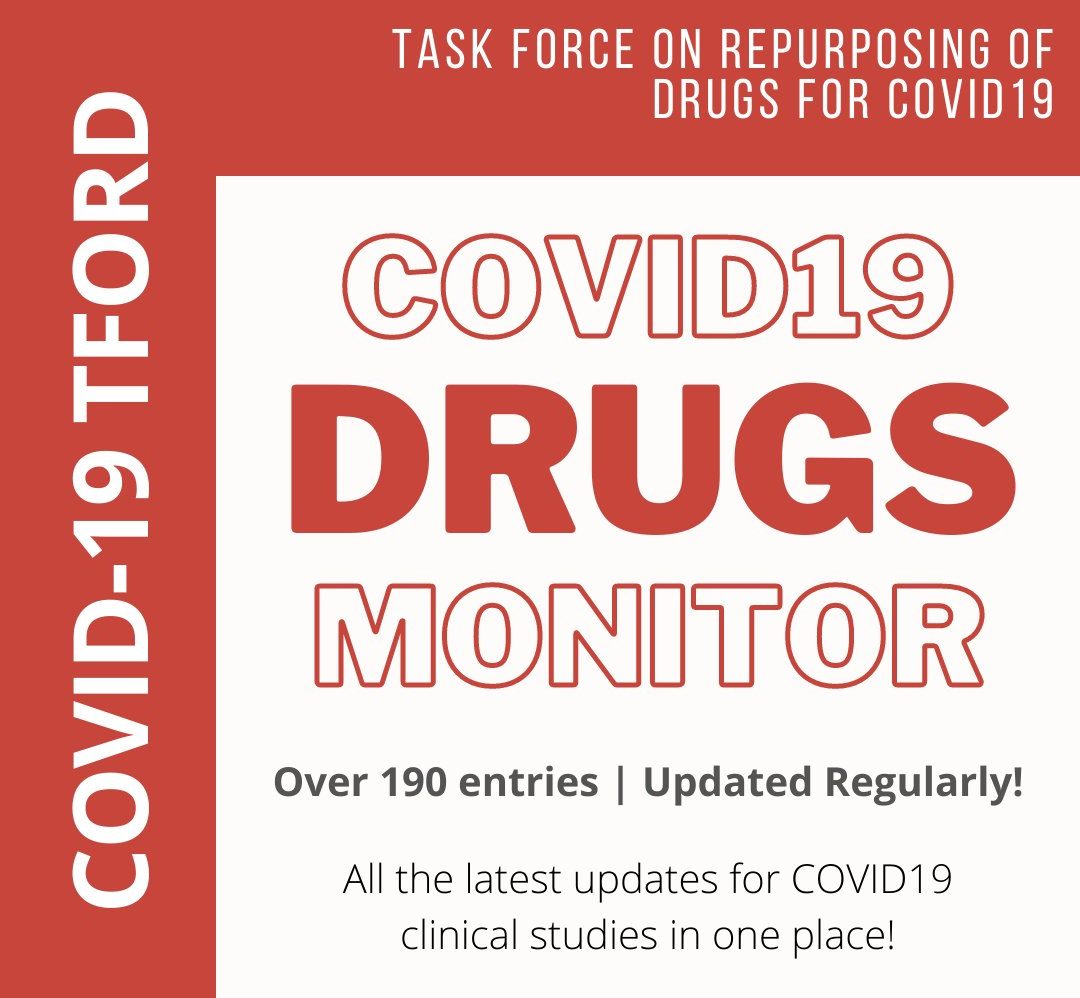(25 Mar 2021) Remdesivir- was associated with faster clinical improvement
Comparison of Time to Clinical Improvement With vs Without Remdesivir Treatment in Hospitalized Patients With COVID-19
https://doi.org/10.1001/jamanetworkopen.2021.3071
Of 2483 consecutive admissions, 342 individuals received remdesivir, 184 of whom also received corticosteroids and 158 of whom received remdesivir alone. For these 342 patients, the median age was 60 years (interquartile range, 46-69 years), 189 (55.3%) were men, and 276 (80.7%) self-identified as non-White race/ethnicity. Remdesivir recipients had a shorter time to clinical improvement than matched controls without remdesivir treatment (median, 5.0 days [interquartile range, 4.0-8.0 days] vs 7.0 days [interquartile range, 4.0-10.0 days]; adjusted hazard ratio, 1.47 [95% CI, 1.22-1.79]). Remdesivir recipients had a 28-day mortality rate of 7.7% (22 deaths) compared with 14.0% (40 deaths) among matched controls, but this difference was not statistically significant in the time-to-death analysis (adjusted hazard ratio, 0.70; 95% CI, 0.38-1.28). The addition of corticosteroids to remdesivir was not associated with a reduced hazard of death at 28 days (adjusted hazard ratio, 1.94; 95% CI, 0.67-5.57). In this comparative effectiveness research study of adults hospitalized with COVID-19, receipt of remdesivir was associated with faster clinical improvement in a cohort of predominantly non-White patients. Remdesivir plus corticosteroid administration did not reduce the time to death compared with remdesivir administered alone.
